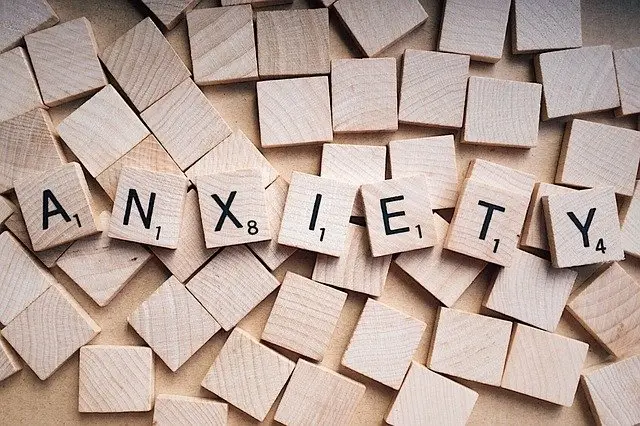Anxiety is a feeling of unease, worry or fear, that can be mild or severe. Some people find it hard to control their worries and this can often affect their daily lives. Having issues with anxiety for more than six months can mean that you have Generalised Anxiety Disorder (GAD).
Who gets Generalised Anxiety Disorder?
GAD is a common condition which is estimated to affect up to 5% of the UK population. It affects women more than men, and the condition is more common in people from the ages of 35 to 59.
Many people who have had difficult early life experiences may find that they feel very anxious at times. Some people find it hard to control their worries and their feelings of anxiety are constant.
Symptoms of Anxiety
Anxiety in Thought and Mood
Symptoms of anxiety can include feeling worry on most days, difficulty controlling the feelings of anxiety and worry, feeling on edge or feeling restless and irritable. People with GAD feel anxious on most days and find it hard to recall the last time that they felt relaxed. They may also have trouble falling asleep or staying asleep or have insomnia. It can also manifest as feelings of dread.
Anxiety in Relationships
Anxiety can affect personal relationships as people who are feeling anxious may prefer to isolate themselves as this can decrease the feelings of worry and dread. It can also cause issues in the workplace due to people with GAD not wanting to go to work and perhaps taking time off sick.
Anxiety in the Body
Anxiety can be felt as feelings of discomfort, butterflies in the stomach, nausea, dizziness and heart palpitations. It can cause muscle tension and pain, headaches, stomach aches, trembling and shaking, excessive sweating, tension in the chest and a dry mouth.
Anxiety and Disorders
Anxiety is one of the main symptoms of Panic Disorder, Complex PTSD, phobias such as Agoraphobia and Claustrophobia and Social Anxiety Disorder.
Symptoms of GAD
You may have GAD if your worrying significantly affects your daily life, including your job and social life, if your worries are extremely stressful and upsetting, if you have a tendency to think the worst and your worrying is uncontrollable.
Anxiety and Depression Quiz
Clicking on the link will take you to an NHS quiz which will score you on your anxiety and depression.
Counselling
Many of us stop being our true self in early life, usually because we are not being accepted for ourselves, and we become an adapted version which pleases other people and we often put our own needs last. This leads to unhappiness as we are what others want us to be rather than what we ourselves would like to be. Our true self is often buried and we may or may not be aware of our real wants and needs. This can be a cause of anxiety.
Talking through the root causes of your anxiety can help to alleviate it. There can be deep-rooted issues, often from childhood, which are underlying the anxious feelings.
Counselling can help us to find ourselves, to feel lighter emotionally and to make changes in our lives for the better.



